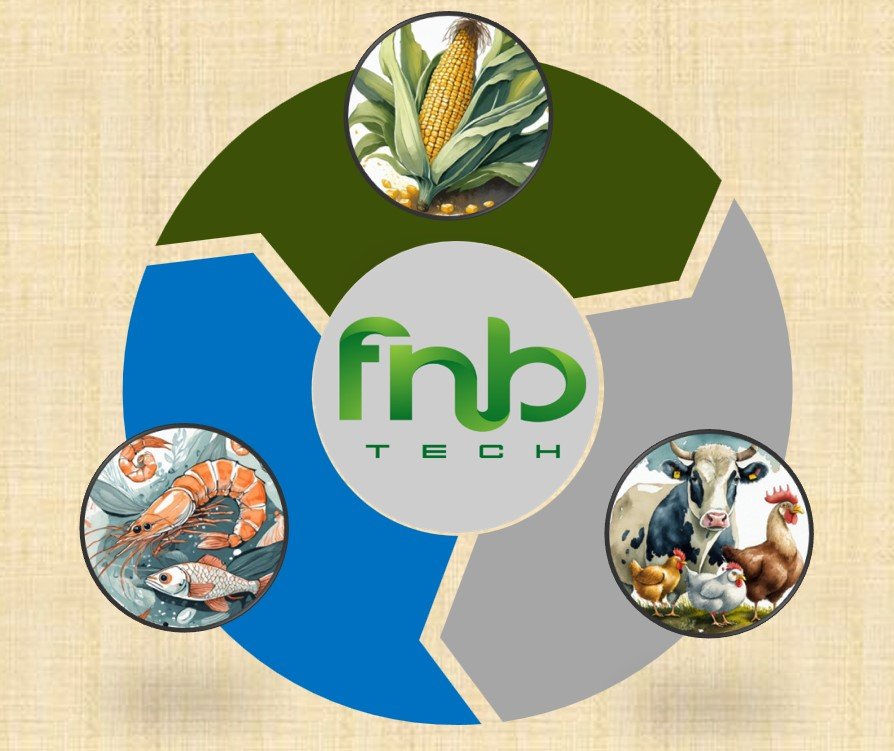Sustainable Agriculture: Cultivating a Sustainable Future
Sustainable agriculture stands as a cornerstone for the development of farming systems that are environmentally friendly, efficient, and sustainable. With a focus on meeting current needs without compromising the ability of future generations to meet theirs, sustainable agriculture encompasses a range of concepts and practices that address every aspect of the farming process.
1. Organic Farming: Fostering Soil Ecosystem Balance
A fundamental pillar of sustainable agriculture is organic farming. In this approach, farmers employ methods that exclude the use of chemical pesticides and synthetic fertilizers. The primary goal is to maintain the balance of the soil ecosystem by preserving soil fertility and enhancing overall soil health. The use of organic materials, such as green manure and compost, becomes an integral part of organic farming.

2. Crop Rotation: Preventing Soil Quality Decline
Crop rotation involves the exchange of crops planted on a piece of land over time. The aim is to prevent the decline in soil quality and control the development of pests and plant diseases. By rotating crops, farmers can harness the diversity of crops to maintain ecosystem balance and enhance land productivity.
3. Agroforestry: Harmony Between Trees and Agricultural Crops
Agroforestry is an approach that combines tree crops with agricultural crops. In this model, tree crops are planted alongside agricultural crops to create a more ecologically sustainable farming system. Trees provide benefits such as protection from wind, improved soil fertility, and habitat for biodiversity.
4. Water Management: Securing Water Resources
Efficient water management is a crucial aspect of sustainable agriculture. It involves practices such as efficient irrigation, water conservation, and wetland restoration. By maintaining water availability and the sustainability of aquatic ecosystems, sustainable agriculture contributes to the preservation of vital natural resources.
5. Waste Reduction: Towards Zero-Waste Agriculture
Sustainable agriculture encourages waste reduction through the management of organic and inorganic waste. Recycling agricultural residues, such as straw or other organic materials, becomes an integral part of efforts to minimize environmental impact. Additionally, sustainable farming practices include reducing the use of harmful chemicals and avoiding resource wastage.
6. Use of Local Seeds and Resilient Plant Varieties: Strengthening Crop Resilience
Utilizing local seeds and plant varieties resistant to pests and diseases is a critical strategy in sustainable agriculture. This not only enhances crop resilience to environmental pressures but also promotes the sustainability of locally adapted varieties.
7. Integrated Farming: Integration of Agricultural Components
Integrated farming involves the incorporation of various farming components, such as crops, livestock, and forestry, into a single system. This makes the farming system more efficient and productive. Waste from one farming component can be utilized as input for another, creating a closed and sustainable cycle.
8. Farmer Empowerment: Supporting Social and Economic Well-being
Sustainable agriculture is not only about farming practices but also about empowering farmers. Through the provision of knowledge, skills, and resources, sustainable agriculture supports the social and economic well-being of farmers. Education and training continually promote the latest practices that support more sustainable farming.
9. Remediation of Contaminated Land: Restoring Soil to Optimal Conditions
Sustainable agriculture incorporates efforts to remediate contaminated or degraded land. Through soil rehabilitation techniques, such as reforestation or the use of cover crops, sustainable agriculture contributes to ecosystem restoration and improved soil quality.
10. Use of Renewable Energy: Environmental Conservation through Green Energy Resources
Adopting renewable energy sources is a crucial part of sustainable agriculture. The use of renewable energy, such as solar or wind energy, helps reduce dependence on fossil fuels and makes a positive contribution to the environment.
Conclusion: Creating a Sustainable Agricultural Future
Sustainable agriculture is key to creating a future of agriculture that is sustainable, environmentally friendly, and resilient. By applying these concepts and practices, we can address global challenges in food provision, maintain ecosystem balance, and ensure the sustainability of natural resources for future generations. As a global community, we have a responsibility to support and promote positive changes in how we interact with the Earth and cultivate a sustainable agricultural future.











